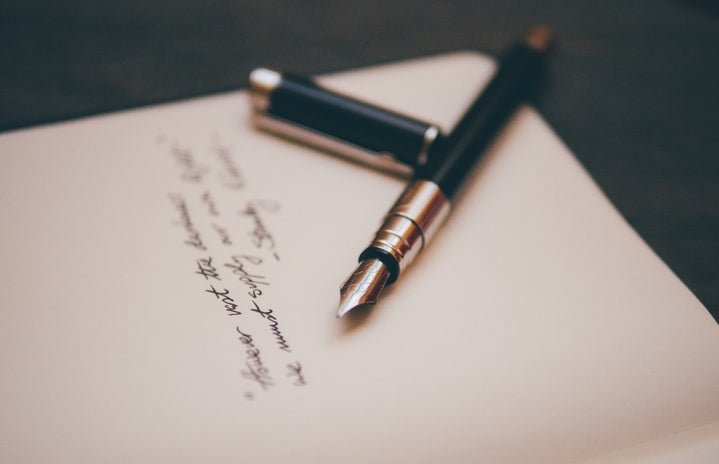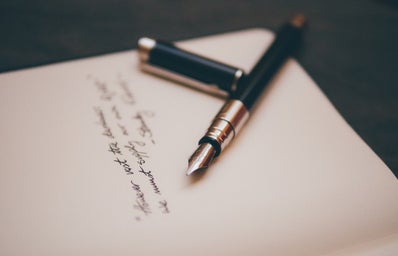With little opportunity or rights given to women, female writers from previous centuries are more difficult to find as the publishing world was back then dominated by men. However, there were some who pushed back on the publishing boundaries that only opened up for male penmanship. These women significantly contributed to the representation of women in publishing, and their creative talents paved the way for women’s rights by raising a discussion on gender roles.
- Murasaki Shikibu (978 – 1014 or 1031)
-
The world’s first novel is considered to be written by Murasaki during the height of the Heian period (795–1185) in Kyoto. Her first and only novel, The Tale of Genji, is one the most important pieces of Japanese literature, and has inspired a great number of artworks that depict scenes from her novel. Murasaki used her experience as a lady-in-waiting (a female assistant to royalty) as a basis for the story of Prince Genji and the events surrounding his court life. The novel is extensive and complex, spanning across fifty-four episodes and over four hundred characters. Not only were her contributions significant in Japanese literature, but also her use of Kana instead of Chinese characters helped move the Japanese language forward.
- Jane Austen (1775 – 1817)
-
Jane Austen is one of the most recognizable female authors in history, having written literary classics such as Pride and Prejudice. But, she was mostly anonymous throughout her career like many other English female writers of that time. Much like Murasaki, she had written extensively about upper-class society, which was called the “gentry” in the social class hierarchy. Despite her critical narrative on the British social structure, Austen was a successful novelist who was praised even by the Prince Regent (she still disapproved of him, regardless of his attention). Her 19th century romance novels are frequently adapted in television shows and movies to this day. Most recently, Emma (2020) is a film based on one of her most well-known works – which also inspired the cult classic, Clueless (1995).
- Anne Bradstreet (1612 – 1672)
-
Bradstreet was a female writer in the 17th century and the first published poet in American history, although her poetry book, The Tenth Muse Lately Sprung Up in America, was initially published in London instead of in the Colonies. As a Puritan woman during the 1600s, Bradstreet was subjected to many societal restrictions. In her poetry, she wrote about the strict religious and gender guidelines that defined her lifestyle, touching upon the moral conflict between her individual opinions and the collective Puritan sentiments. Having a total of eight children, Bradstreet was also a conscientious writer who persevered to work on her poetry.
- Phillis Wheatley (1753 – 1784)
-
Wheatley was considered to be one of the “best-known poets in pre-19th century America”, which is incredible given her status as an African slave in that time period. As a young girl, only about seven years old, she was forcefully taken and transported from West Africa to be sold to a family in Boston. However, the Wheatley’s were extremely rare in that they encouraged her education, immersing her in a variety of academics such as geography, history and literature. This background allowed her to compose her own poetry, inspired by Classical Greek and Biblical imagery. Like Anne Bradstreet, she reached critical acclaim in London and became a published author with a poetry book called Poems on Various Subjects, Religious and Moral. Even though there was some reluctance in the Colonies to publish her work, she became a well-acclaimed poet among her American and international audiences.
It was unusual for these women to be educated as they were in their time period, being subjected to gender expectations in regards to their intelligence and future. However, these women are evidence against their society’s prejudice – proven by their influence in poetry and literature to this day. The presence of women writers have come a long way since centuries ago, and the early works of their predecessors are still supporting their involvement in literature.



